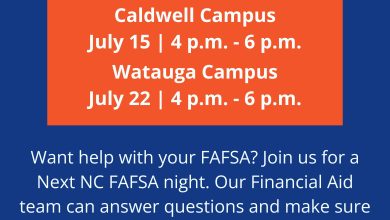Last Updated on June 13, 2017 5:39 pm
RALEIGH — During this heat wave, Insurance Commissioner Mike Causey and Safe Kids North Carolina are reminding people of the dangers of leaving children in cars. According to Safe Kids USA, 11 children have died of heatstroke in vehicles so far in 2017 and three children died in North Carolina in 2016.
“Never leave a child alone in a car, even for a short amount of time. And if you see a child alone in a vehicle, call 911 immediately,” said Causey, state chair of Safe Kids North Carolina. “One child's death is one too many, so I'm asking all parents and caregivers to take a few simple steps to prevent an avoidable tragedy.”
The danger of vehicular hyperthermia in children in North Carolina spreads from February through November due to the subtropical climate. Hyperthermia can occur even on days with mild 70-degree temperatures. The temperature in a closed vehicle can reach over 180 degrees (www.noheatstroke.org) and rise about 20 degrees in 10 minutes and nearly 30 degrees in 20 minutes. Cracking a window has little effect.
Parents and caregivers can cut down on the number of hyperthermia deaths and near misses by remembering to ACT:
A: Avoid heatstroke-related injury and death by never leaving your child alone in a car, not even for a minute. Make sure to keep your car locked when you're not in it so kids don't get in on their own.
C: Create reminders by putting something in the back of your car next to your child that you need at your final destination, such as a briefcase, a purse or a cell phone. This is especially important if you're not following your normal routine. Many child heat stroke deaths occur because parents and caregivers become distracted and exit their vehicle without their child.
T: Take action. If you see a child alone in a car, call 911. Emergency personnel want you to call. They are trained to respond to these situations. One call could save a life.
Safe Kids North Carolina reaches out to parents, caregivers and children in 71 counties served by 46 coalitions across the state. For more safety tips and information about Safe Kids North Carolina, visit www.ncsafekids.org.
















